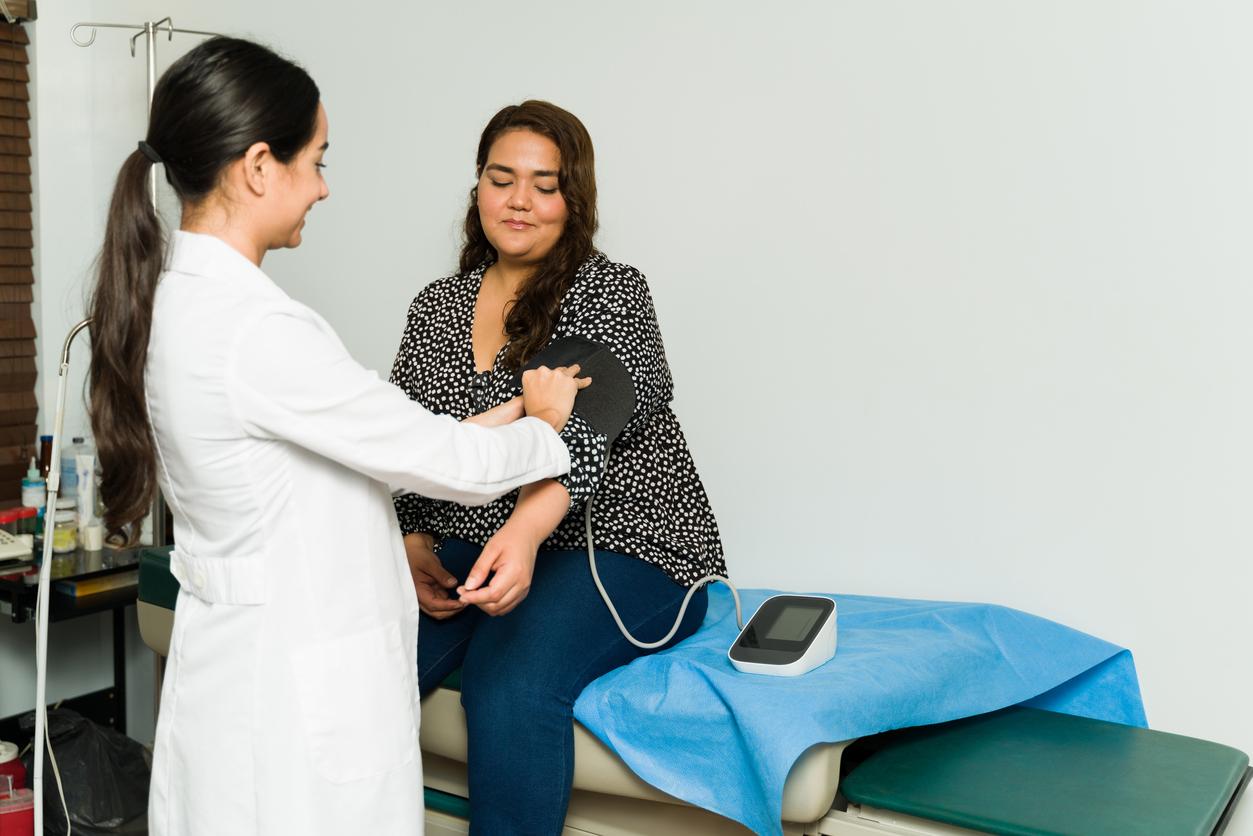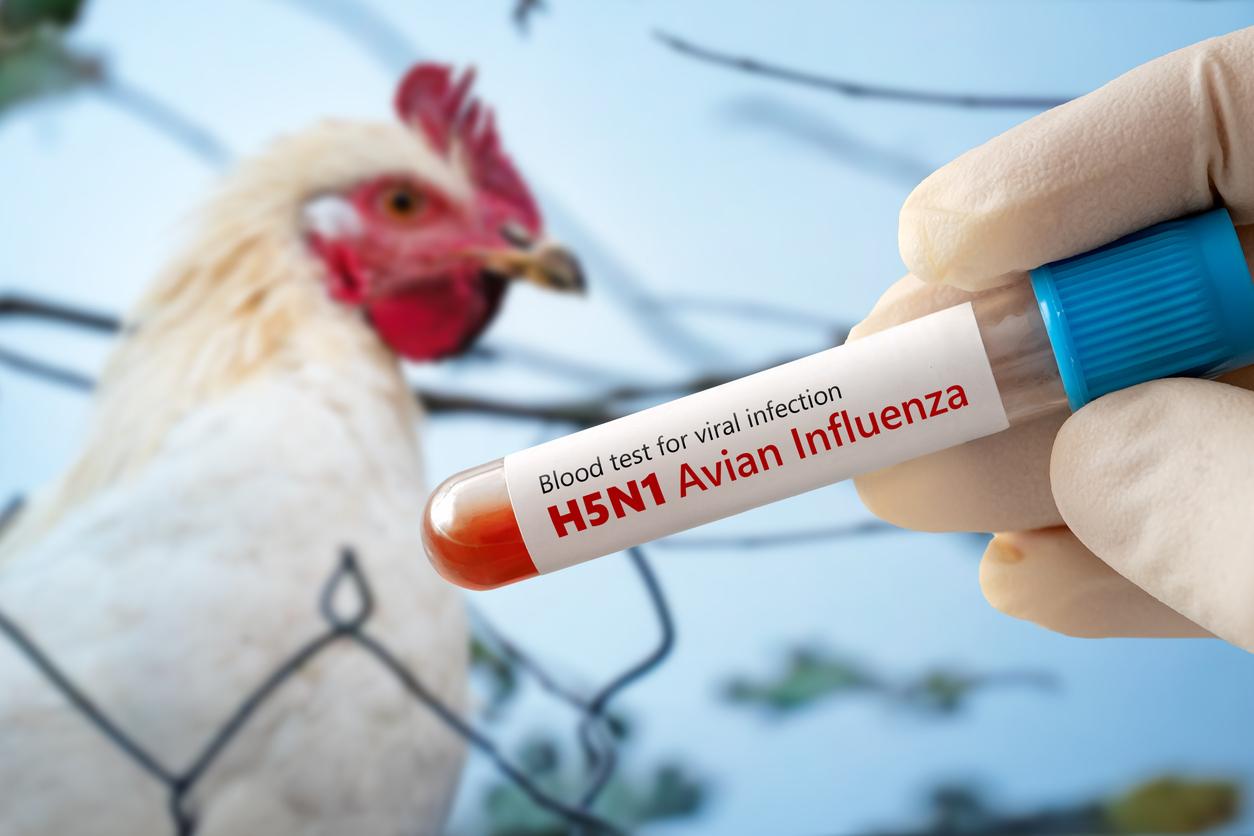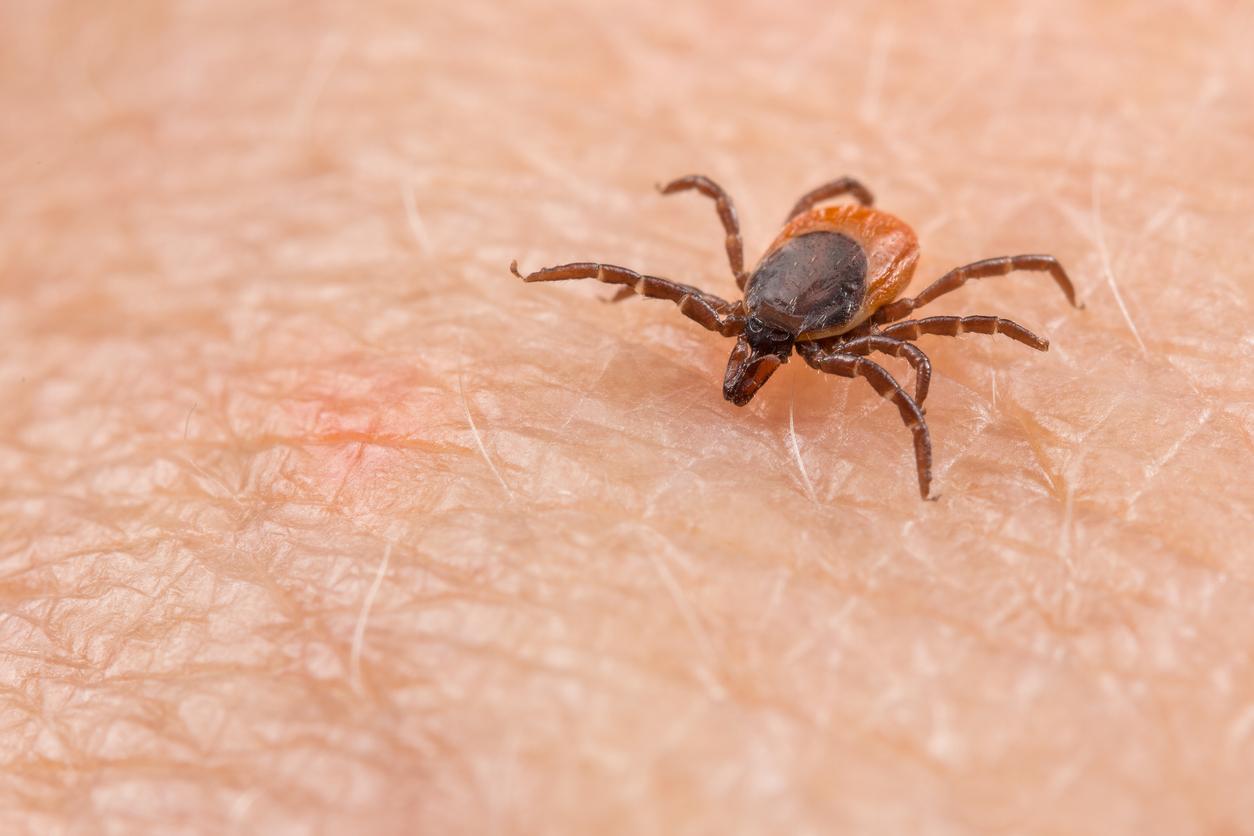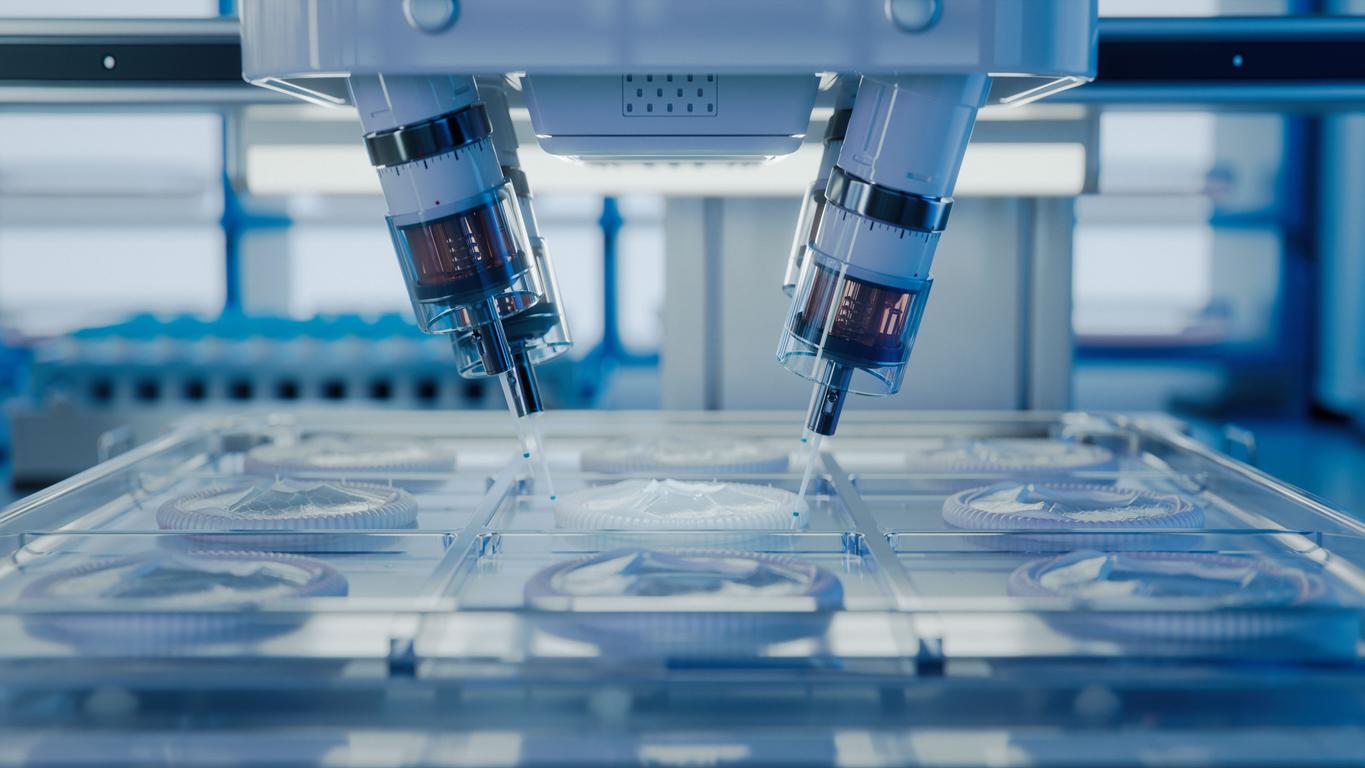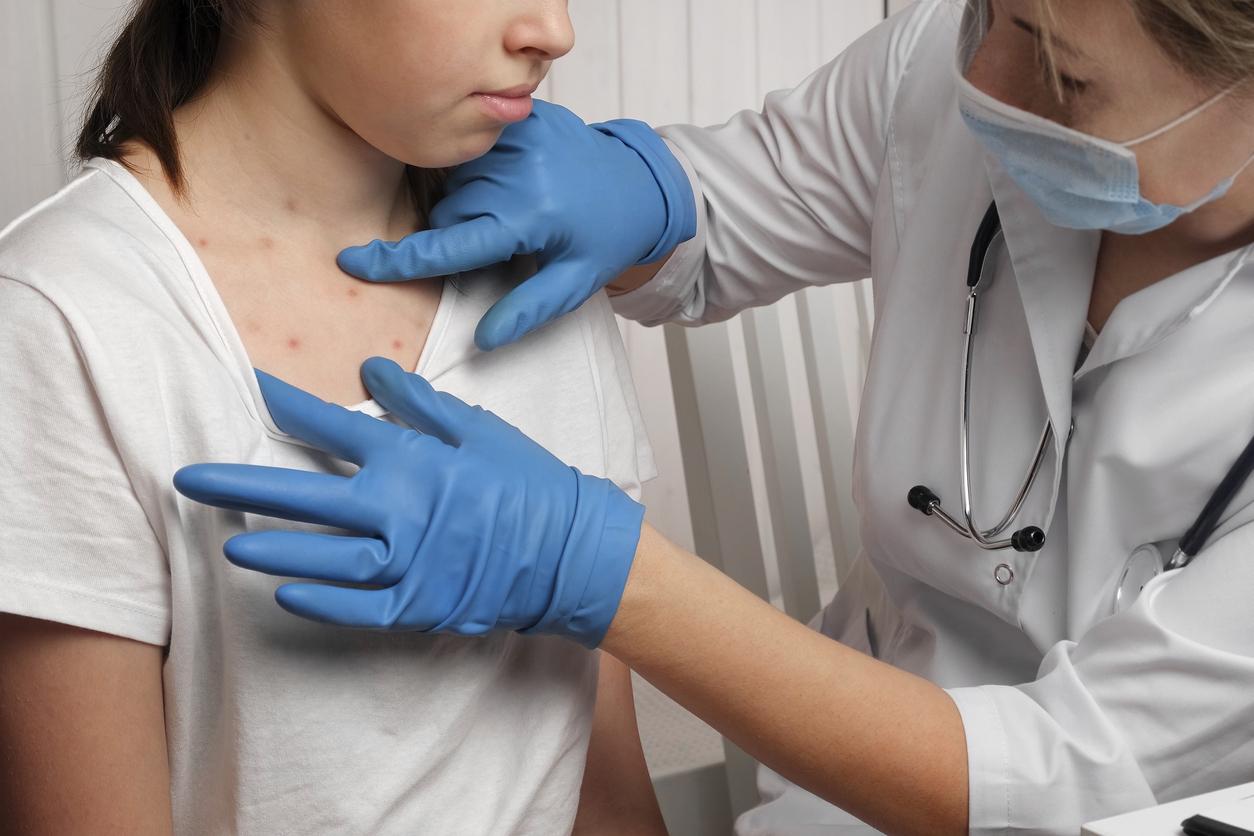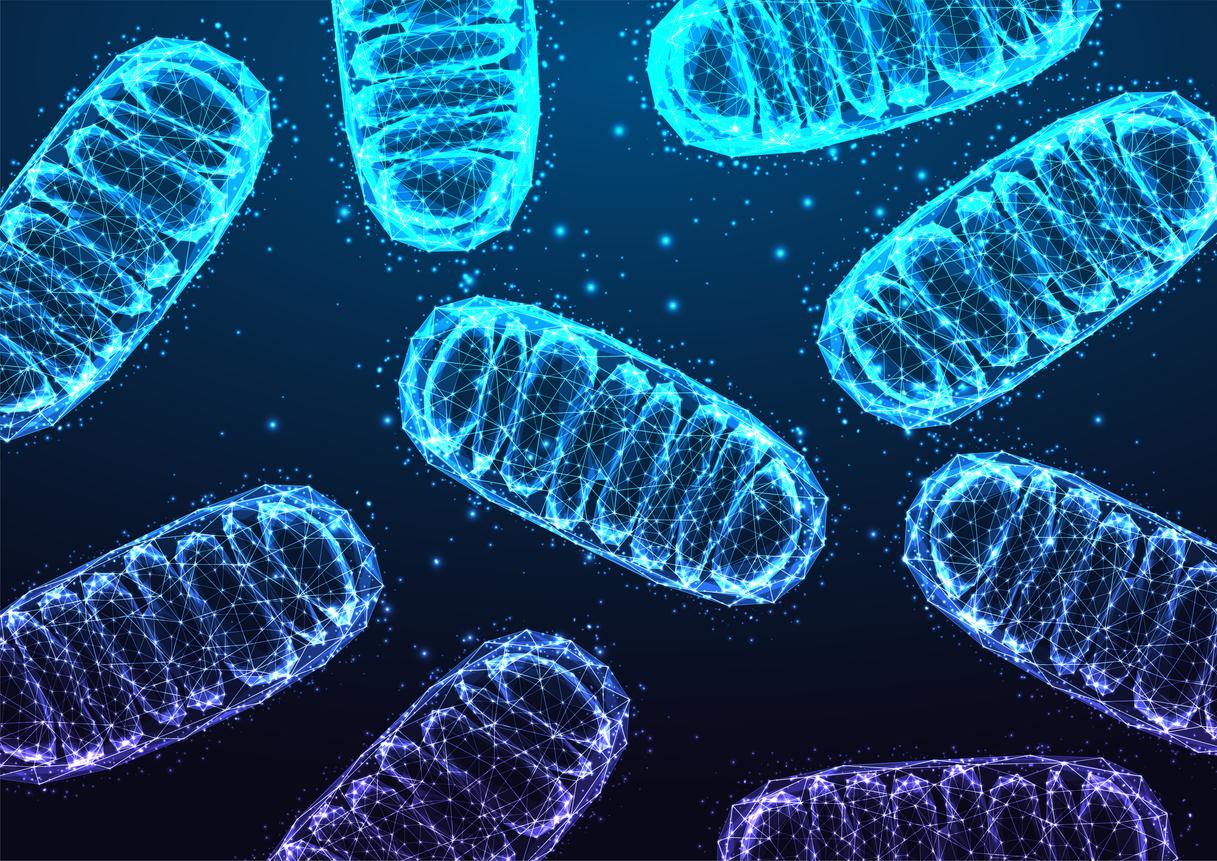The treatment of type 1 diabetes is based on subcutaneous injections of insulin. This method is restrictive for patients. This is why American researchers have developed a drug to be taken orally, which would regulate blood sugar and restore immune function.
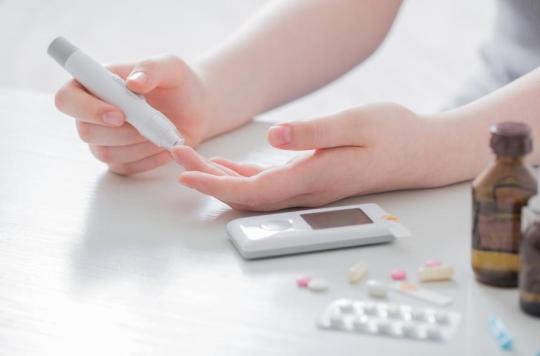
- The oral treatment developed by the researchers to treat type 1 diabetes is based on nanoparticles made up of ursodeoxycholic acid. It has been tested on mice and pigs with this autoimmune disease.
- The nanoparticles restored blood glucose levels in animals. They also improved their insulin levels, reduced inflammation and restored metabolic function.
Type 1 diabetes is an autoimmune disease characterized by an absence of insulin secretion by the pancreas. This pathology concerns about 10% of people with diabetes in France, according to the French Federation of Diabetics. The daily life of these patients is difficult. And for good reason, they are forced to inject themselves with a dose of insulin several times a day and throughout their lives in order to compensate for the lack of production by the body. To improve the treatment of type 1 diabetes and simplify its management by patients, scientists at Yale University in the United States have developed a more practical and less invasive alternative. This is a medicine to be taken by mouth. This new approach “facilitates normal metabolism and corrects long-term immune defects”, explained Tarek Fahmy, associate professor of biomedical engineering and immunobiology, who led the work. To reach this conclusion, the researchers performed a study published in the scientific journal Nature on October 6.
Nanoparticles, the solution to protect insulin
To carry out their research, the scientists first had to find a method to improve the intestinal absorption of insulin. You should know that, in the form of a pill, this hormone secreted by the pancreas is destroyed in the gastrointestinal system before reaching the bloodstream, where it regulates the level of glucose. In order for it to resist the acid gastric juice of the stomach, the researchers developed a treatment based on nanoparticles composed of ursodeoxycholic acid. This active substance is a natural bile acid present in very small quantities in humans. The nanoparticles have been polymerized by the scientists, that is to say assembled to form a larger molecule. After this step, Professor Tarek Fahmy’s team tested the drug on mice and pigs with type 1 diabetes.
A pill to restore immune function
According to the researchers, “polymerized ursodeoxycholic acid restored blood glucose levels” in animals suffering from this autoimmune disease. They indicated, in the study, that the nanoparticles protected the insulin. These molecules would also have increased the intestinal absorption of insulin and accumulated in the pancreas of the mice, which helps to restore immune function. “In mice, nanoparticles also reversed inflammation, restored metabolic functions, and prolonged animal survival”can we read in the works.
Although these results are encouraging, further studies are needed to determine the effectiveness of this oral treatment in humans. “I am hopeful that this technique will be used to develop urgent solutions to currently difficult challenges in autoimmunity, cancer, allergies and infections”concluded Tarek Fahmy.

.



